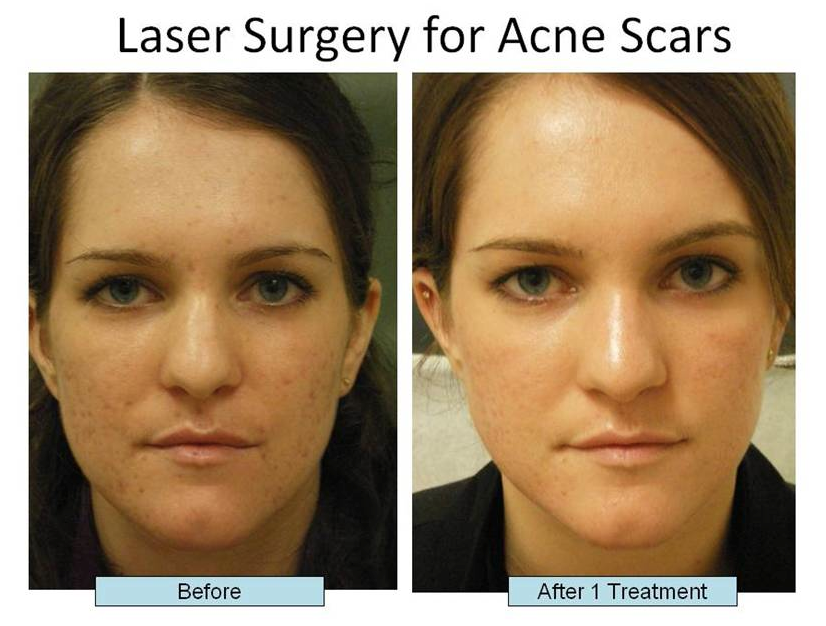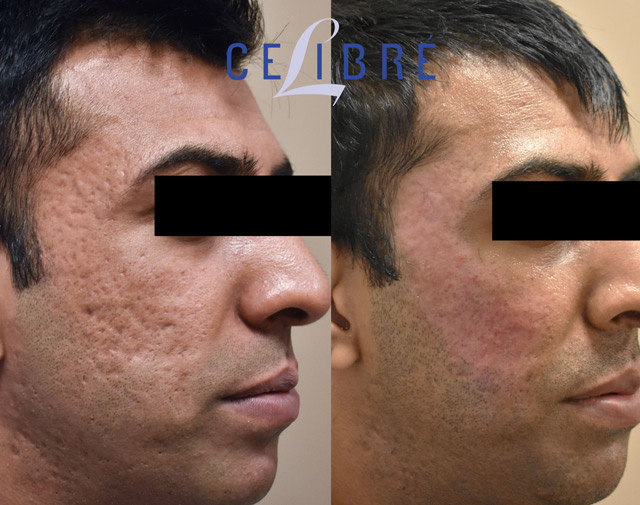Top Acne Treatment for Sensitive Skin: Gentle Solutions for Clear Skin
Top Acne Treatment for Sensitive Skin: Gentle Solutions for Clear Skin
Blog Article
Comprehending the Different Skin Problems and Efficient Therapy Choices for Acne Marks
Acne scars stand for a complex interaction of skin conditions that substantially effect people' self-esteem and total skin health. Comprehending the distinctive types of acne marks-- hypertrophic and atrophic-- together with their underlying causes, is essential for figuring out effective therapy methods. Various healing alternatives exist, varying from sophisticated dermatological procedures to all-natural treatments. The efficacy of these treatments typically pivots on personalized assessments by qualified experts. As we discover the landscape of acne scar management, it ends up being obvious that the trip towards more clear skin might involve more than just topical remedies.
Kinds of Acne Marks

On the other hand, hypertrophic scars result from an overflow of collagen during the recovery process, causing increased areas on the skin. These scars are usually solid and can vary in color, occasionally showing up red or darker than the surrounding skin.
Comprehending these sorts of acne marks is important for creating an efficient treatment strategy - acne and acne scars treatment. Options might consist of chemical peels, laser treatment, microneedling, or facial fillers, customized to the particular scar type. A comprehensive consultation with a skin doctor can aid determine the most suitable treatment, thinking about the person's skin kind, scar severity, and total skin health and wellness
Root Causes Of Acne Scarring
Marking takes place as a result of the body's natural recovery action to inflammation and injury triggered by acne sores. When acne kinds, it causes an inflammatory feedback, causing the release of various cytokines and development elements that promote recovery. Nevertheless, this procedure can occasionally bring about too much cells development or inadequate repair service, leading to scars.
The key reasons for acne scarring consist of the extent of the acne itself, period of the sores, and specific skin kinds. Serious inflammatory acne, such as nodules and cysts, is more probable to result in scarring due to deeper cells damages. Furthermore, improper handling of acne lesions, such as selecting or pressing, can aggravate cells injury and inflammation, increasing the likelihood of scarring.
Hereditary proneness additionally plays a substantial function; individuals with a family history of scarring go to a greater threat. Skin kind and shade can influence scar development, as darker skin tones might experience post-inflammatory hyperpigmentation, while lighter skin may develop atrophic marks.
Eventually, understanding these reasons is essential in taking care of acne and minimizing the capacity for scarring.

Therapy Options for Scarring
Reliable therapy options for acne scarring vary relying on the kind and extent of the marks. Typically categorized right into atrophic, hypertrophic, and keloid scars, these problems need tailored approaches for optimum outcomes.
For atrophic scars, which are characterized by a loss of cells, treatments such as chemical peels, microdermabrasion, and laser therapy are generally used. These methods promote skin revival and promote collagen production, therefore boosting skin appearance. Subcision, a minimally invasive treatment, can likewise be reliable by separating fibrous bands under the skin.
Keloid and hypertrophic scars can be much more challenging to deal with. Choices include corticosteroid shots to decrease swelling and flatten the marks. In some cases, cryotherapy or laser therapy may be advised to reduce their look.
Surgical choices are available for extreme scarring, where excision or skin grafting may be essential. It's vital for individuals to talk to a skin doctor to analyze their certain mark kind and review the most ideal treatment plan. Integrating several treatments commonly yields the ideal outcomes, ensuring that each individual's distinct skin problem is dealt with efficiently.
Natural Remedy and Natural Solutions
Natural options and home solutions can provide an available technique for individuals looking for to enhance the appearance of acne scars (skin rejuvenation treatments). Various ingredients found in the home kitchen have actually demonstrated prospective advantages in boosting skin texture and advertising healing

Another effective option is lemon juice, which serves as a natural exfoliant and can lighten hyperpigmentation. However, it needs to be made use of very carefully, as it might create photosensitivity. Oatmeal masks are additionally advantageous; their gentle peeling can aid get rid of dead skin cells while comforting irritability.
Vital oils, such as tea tree oil and lavender oil, can further sustain mark healing as a result of their antimicrobial buildings. It is vital to perform a patch examination prior to applying any kind of solution to guarantee there this hyperlink are no damaging reactions. These natural options can be a corresponding strategy in the journey to reduce acne marks.
Avoiding Future Scarring
Adopting an aggressive approach to skincare can considerably decrease the risk of establishing future acne scars. Routine cleansing, exfoliation, and hydration can help preserve skin health and prevent clogged pores.
Additionally, avoiding the lure to squeeze or pick acne sores is crucial, as this can why not try here lead to inflammation and succeeding scarring. Instead, individuals should concentrate on using topical therapies that promote healing and lower inflammation. Components such as salicylic acid, benzoyl peroxide, and retinoids are understood for their efficacy in managing acne and lessening marks.
Sunlight security is another essential part; exposure to UV rays can impede and dim scars healing. Making use of a broad-spectrum sunscreen daily can mitigate these results.
Finally, maintaining a healthy and balanced diet regimen rich in antioxidants and remaining hydrated assistances skin regeneration. By carrying out these safety nets, individuals can considerably decrease their danger of future scarring and advertise overall skin wellness.
Final Thought
In final thought, a thorough understanding of acne scars, including both atrophic and hypertrophic types, is necessary for effective treatment methods. Appointment with a dermatologist continues to be important to design individualized strategies that consider private skin types and scar seriousness, eventually improving the efficiency of mark management methods.
Acne scars stand for a complex interplay of skin conditions that substantially effect individuals' self-confidence and overall skin health. The two key groups of acne marks are hypertrophic and atrophic scars. These scars are further identified right into 3 subtypes: ice pick scars, which are deep and slim; boxcar scars, click here for more info which are larger and have well-defined sides; and rolling marks, which produce a wave-like appearance due to uneven skin appearance.
A comprehensive assessment with a dermatologist can help determine the most ideal treatment, taking into account the individual's skin kind, mark intensity, and overall skin health.
Consultation with a skin doctor stays crucial to develop personalized techniques that think about individual skin kinds and scar extent, eventually boosting the effectiveness of scar administration techniques.
Report this page